South Korea’s crypto industry players could be facing stricter regulations ahead. The Financial Services Commission (FSC) recently released a report that recommended a new licensing system for token issuers and exchanges to enhance investor protection.
The FSC recently submitted a report titled “The Comparative Analysis of the Virtual Property Industry Act” to the National Assembly. The report, which was commissioned by South Korea’s federal government, is recommending new regulations aimed at curbing insider trading, wash trading, and pump and dump schemes, according to Cointelegraph.
The new regulations in FSC’s report would be stricter. For instance, entities that fail to comply with them would face harsher penalties compared to those contained in the Capital Markets Act currently governing the country’s crypto industry.
Coin issuers, such as crypto exchanges and companies engaged in initial coin offerings (ICO), would also be subject to a new licensing system as recommended in FCS’s report. Based on the risks involved in such offerings, the regulator also recommended varying degrees of licenses for issuers.
The recommendation of a robust licensing system for token issuers came in the wake of the collapse of the $40 billion Terra ecosystem as the price of the UST stablecoin fell from $1 to below 20 cents and LUNA’s price dropped from $80 to below 2 cents. With the recent fall of the Terra project, the South Korean regulator is understandably wary of new projects and considers the new licensing system to be the “most urgently needed protection” in the market today.
The FSC also recommended one regulation that will require coin issuers the submission of a white paper. The paper must contain important details about the projects such as the company’s officers, how the funds raised from the ICO will be used, and the identified risks associated with the project. Proposed changes must be reflected in the white paper at least seven days before they take effect. Foreign firms headquartered abroad won’t be exempted from this whiter paper requirement if they want their tokens traded on South Korean exchanges.





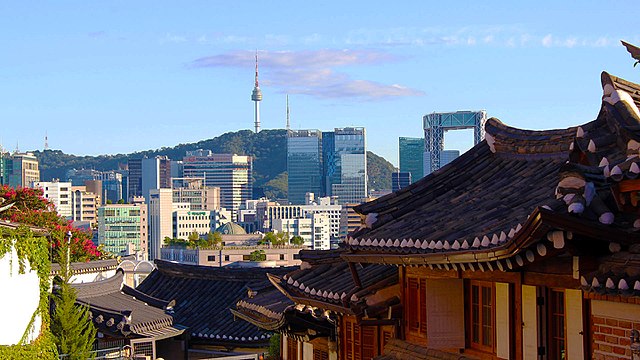

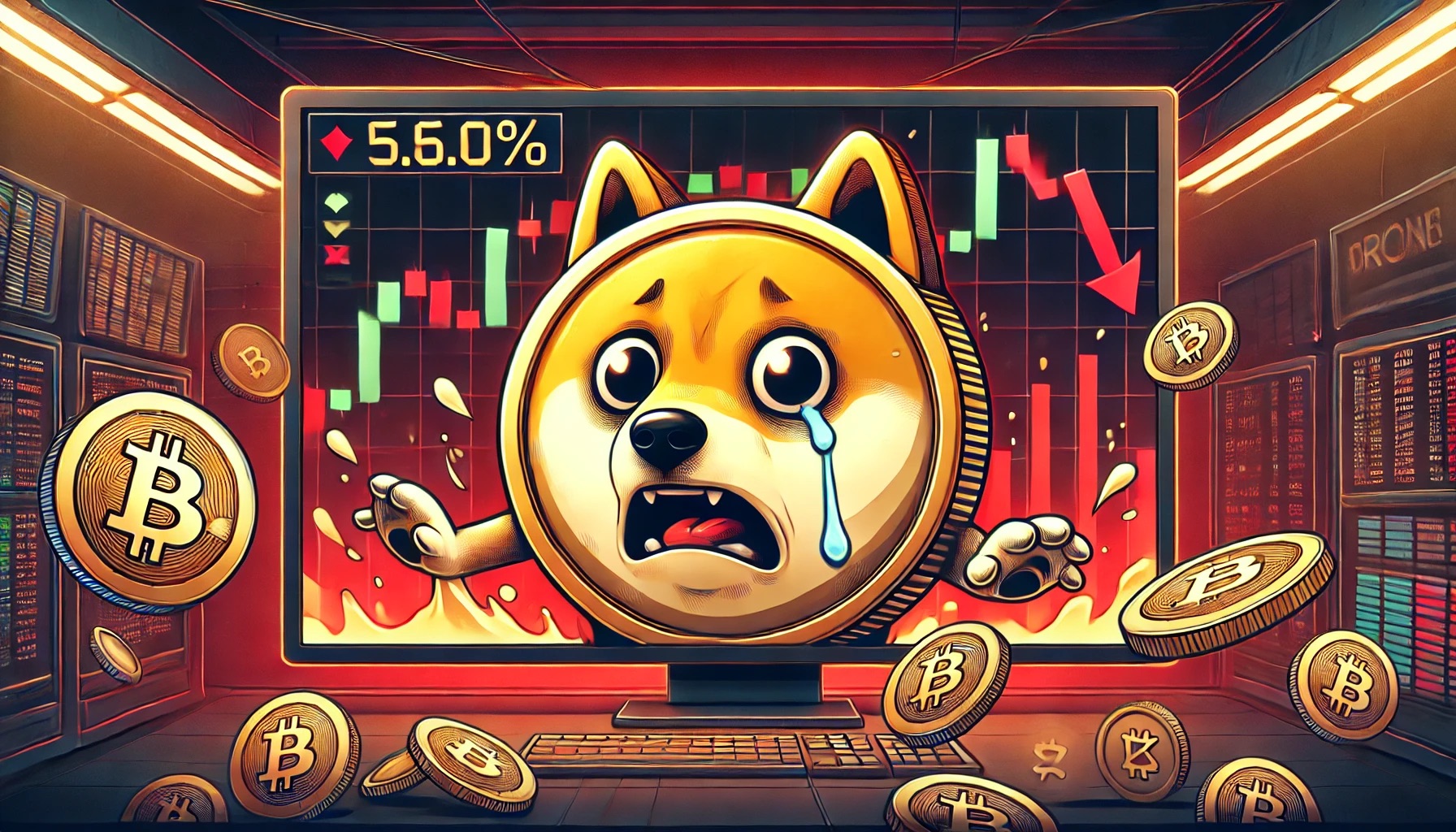


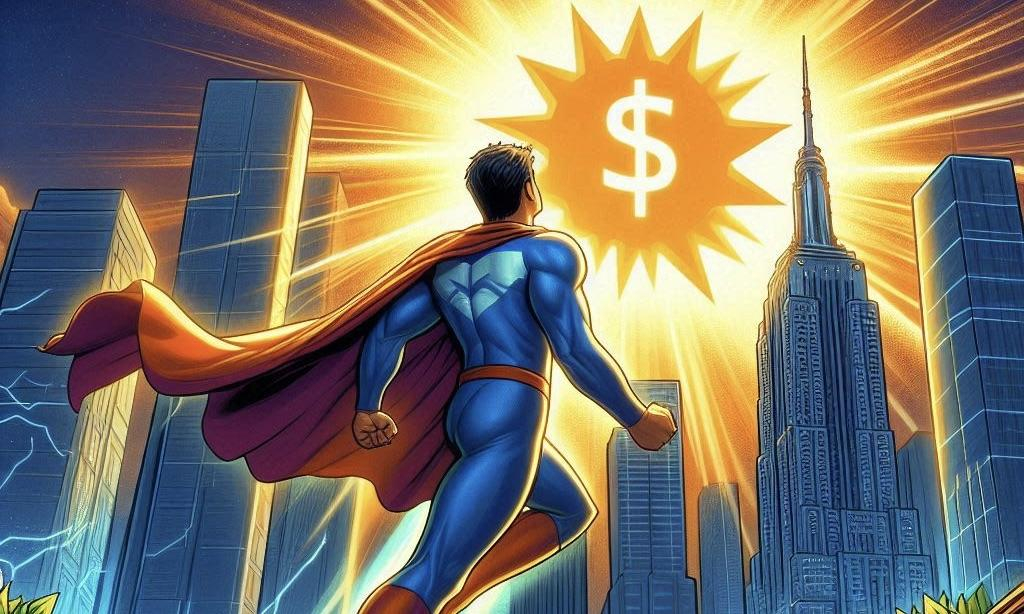

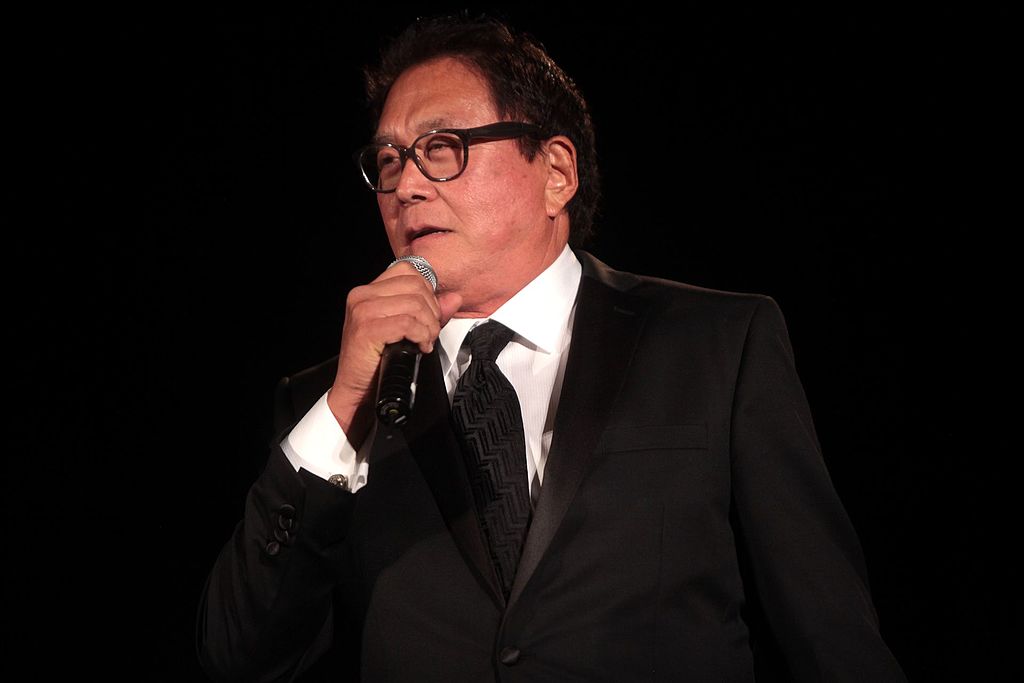


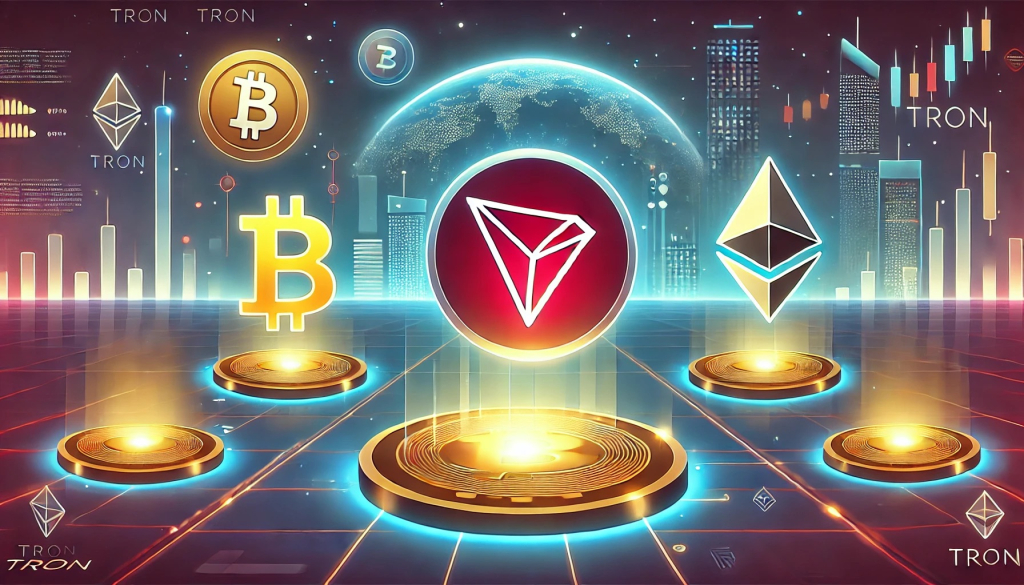

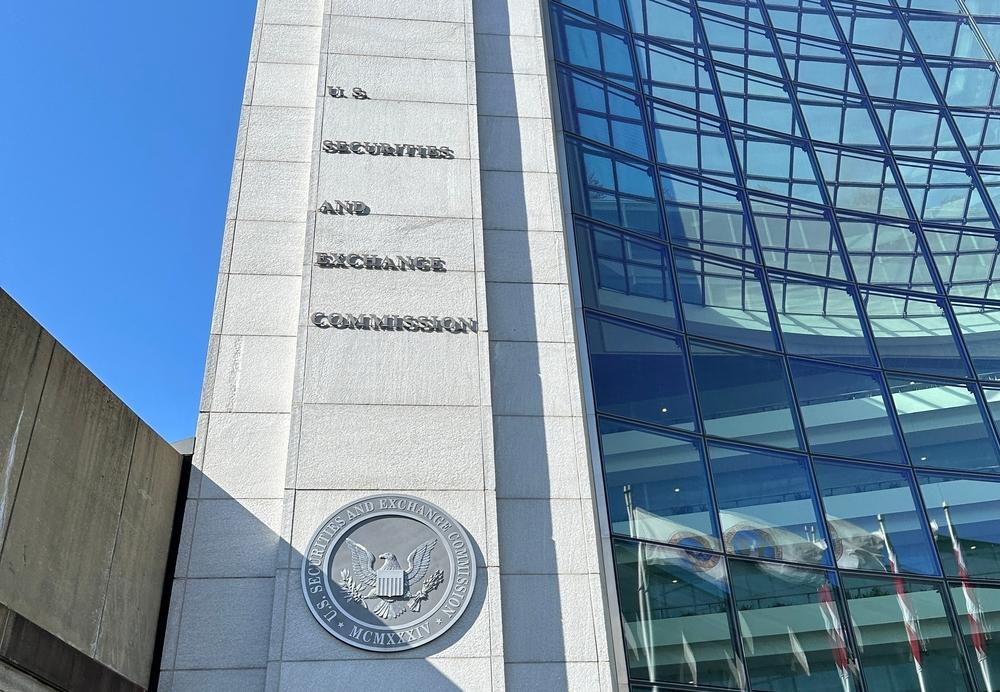


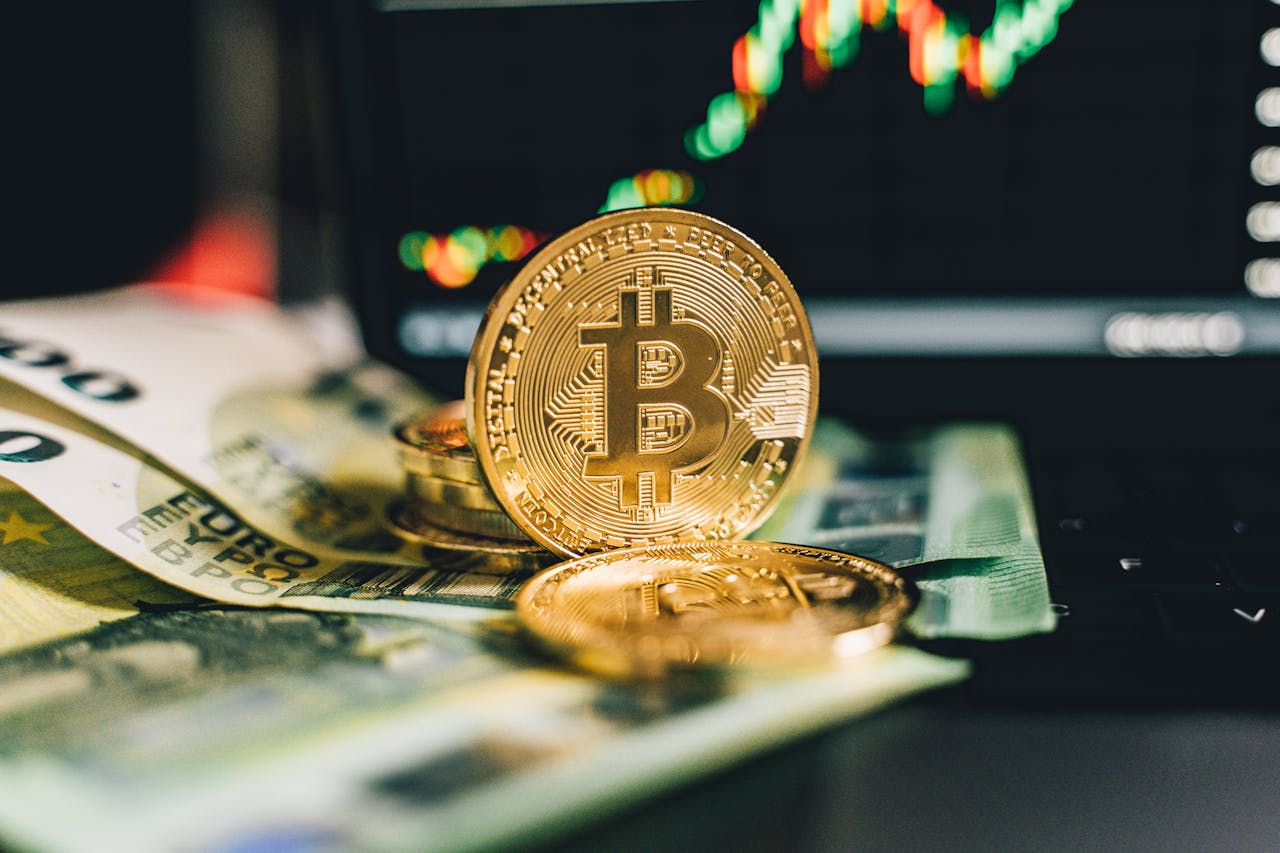





Comment 51